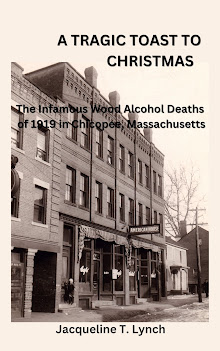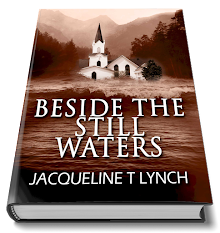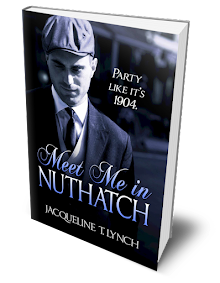
This is the First Congregational Church of Chicopee, Massachusetts, built in 1825, though the congregation was organized in the previous century. The pastor of this church, Reverend Eli B. Clark, hid slaves on the Underground Railroad in secret rebellion against the Fugitive Slave Law in the 1850s. Several farmers in the neighborhood did the same.
In 1862, Reverend Clark helped to organize a rally in town to recruit soldiers for the Union Army. The early years of the war were bleak for the North, suffering defeat after defeat. That December, the Union forces were defeated again by the Confederate forces at the Battle of Fredericksburg, Virginia.
It wasn’t until the Civil War years that Christmas began to be celebrated in some parts of Puritanical New England, prompted in part perhaps by the influence of hundreds of thousands of Irish immigrants in the previous couple of decades, and perhaps by the example of Great Britain’s Queen Victoria and Prince Albert, who championed the Christmas tree.
New England poet Henry Wadsworth Longfellow, who had during the Civil War years lost his wife due to a tragic accident, and whose son was wounded on the battlefield, was moved both by his despair and by his hope for better days to pen “I Heard the Bells on Christmas Day,” in 1864.
Later set to music, the song adapted from Longfellow’s poem as it is heard today does not usually contain all the verses which refer to the war. Here is the poem in its entirety.
Christmas Bells
I HEARD the bells on Christmas Day
Their old, familiar carols play,
And wild and sweet
The words repeat
Of peace on earth, good-will to men!
And thought how, as the day had come,
The belfries of all Christendom
Had rolled along
The unbroken song
Of peace on earth, good-will to men!
Till ringing, singing on its way,
The world revolved from night to day,
A voice, a chime,
A chant sublime
Of peace on earth, good-will to men!
Then from each black, accursed mouth
The cannon thundered in the South,
And with the sound
The carols drowned
Of peace on earth, good-will to men!
It was as if an earthquake rent
The hearth-stones of a continent,
And made forlorn
The households born
Of peace on earth, good-will to men!
And in despair I bowed my head;
"There is no peace on earth," I said;
"For hate is strong,
And mocks the song
Of peace on earth, good-will to men!"
Then pealed the bells more loud and deep:
"God is not dead, nor doth He sleep;
The Wrong shall fail,
The Right prevail,
With peace on earth, good-will to men." 
When news of the fall of Richmond reached Massachusetts in the spring of the following year, Reverend Clark rang his church bell at midday, and the sound carried for miles.
Tuesday, December 25, 2007
I Heard the Bells on Christmas Day
Posted by
Jacqueline T. Lynch
at
8:32 AM
![]()
Labels: 19th century, Civil War, houses of worship, literature, Massachusetts
Subscribe to:
Post Comments (Atom)









No comments:
Post a Comment